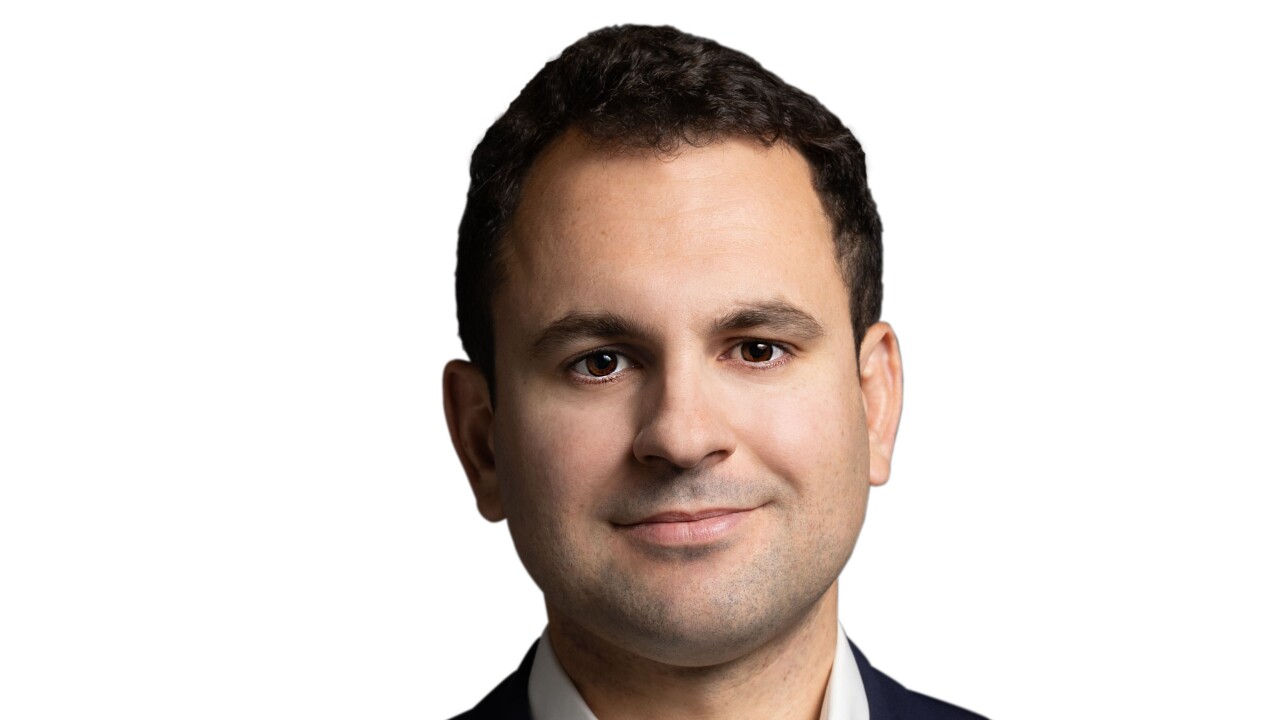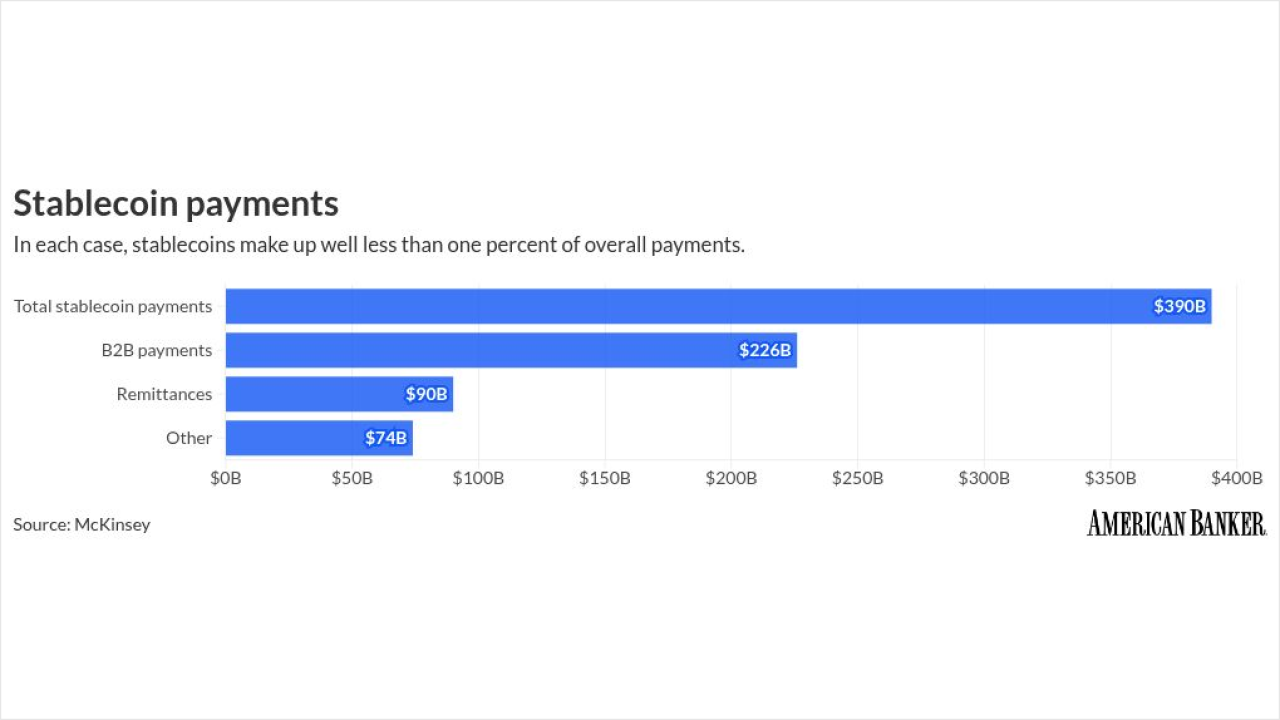The U.S. economy may be emerging from its two-year slump-at least in the western part of the country-and small business owners are looking to their credit unions to help them expand.
Processing Content
That's the consensus of nearly a dozen credit union member-business lenders interviewed by The Credit Union Journal in California, Arizona, Utah, Oregon and Washington. With a presidential election just over one year away and talk increasingly turning to the economy, The Journal sought the economic view from the trenches, the people who are reviewing loan applications and servicing current relationships.
In this, the first of a two-part series, credit unions share insights on what they're seeing. In part two, lenders in other parts of the country will discuss what they're seeing, along with issues that go beyond just loans and credit lines.
Demand In The Empire
Steve von Rajcs, the president and CEO of Members Business Services, a CUSO of San Bernardino, Calif.-based Arrowhead Credit Union, said he has seen a continuing strong demand for small business loans for the past two years.
"Our part of the state, which is known as the 'Inland Empire,' is in pretty good shape economically," said von Rajcs. "We have seen a lot of growth- which is fueled by cheap land-and lots of new businesses."
Most applicants von Rajcs has encountered are owners of existing small businesses. "From what I have seen, I am fairly optimistic on the economy," von Rajcs declared. "Most of the recession is in the newspapers. There is a lot more good news out there than is reported."
While she does not share von Rajcs' unabashedly positive outlook, Grace Mayo, president and CEO of Telesis Credit Union in Chatsworth, Calif., said there are some good signs. "We still are on the flat end of a recovery, but confidence in the marketplace is stable," she said. "Savvy borrowers and entrepreneurs are acting now to find financing at low rates."
In addition to her president/CEO duties, Mayo is also board chair of the member business lending CUSO, Business Partners LLC. The CUSO is owned and operated by Telesis, WesCorp and seven other CUs: Public Service Employees CU in Denver, Colo., Travis CU in Vacaville, Calif., Community CU in Plano, Texas, Community One CU in Las Vegas, Nev., Sierra Point CU in South San Francisco, Calif., Patelco CU in San Francisco, Calif., and USA FCU in Troy, Mich.
Start-Ups And Risk
According to Mayo, most business borrowers 10 years ago owned companies that had been around for two or three years. "They were ready to move up, but banks weren't interested in helping them. Today, you see more start-ups, but it is very difficult to give loans to start-ups because of the risks."
Mayo said the CUSO and its credit unions are seeing loan applications from a wide range of entrepreneurs, from gym owners to mini-storage operators, and from manicurists to karate studio instructors. "There are a variety of businesses trying to get themselves propelled to the next level," she said.
In the Northern California town of Eureka, small businesses are very important, said Dean Charlton, vice president of member loan services for Coast Central CU. Charlton added that a "small" business in a rural community like Eureka is quite different from one in, for example, Los Angeles.
"We think of a small business as having less than $50,000 in gross sales. Eureka was not affected as much as other areas in California by the dot-com bust, so we are seeing the same type of borrowers as three to five years ago-self- employed small business people," he said.
Charlton said the business people in his community are "pretty optimistic" about the economy. He said they are looking to borrow and make capital improvements, and are afraid of losing out if they don't take advantage of current interest rates.
Coast Central approves 80% to 85% of the MBL applications it receives, a lofty rate Charlton attributes to a "thorough" pre-application screening process. "We interview prospective borrowers over the telephone and let them know if we believe it is something that will work before they come in," he explained.
Out of The Tank
Charlton said it is his view the economy "tanked out" about a year ago and has started getting better in the last six to nine months.
"This is mostly due to consumers going out there and buying things. The economy seems to have turned the corner," he said. "Interest rates will go up a little, but I think we still will be able to offer mortgage rates about 6.5%."
Vancouver, Wash., sits across the Columbia River from, and is considered a suburb of, Portland, Ore. Despite Portland's high unemployment rate, Clark County, Wash., which includes Vancouver, is one of the fastest-growing counties in the nation, according to Chuck Anderson.
Anderson, the senior vice president of business banking for Vancouver-based Columbia Community Credit Union, said CCCU's member business lending is doing well. "People will tell you about the problems, but we've been going nuts," he said. "We are heavily involved in construction and development loans, and low interest rates have sparked refis."
Debt refinancing has helped promote efficiency on companies' balance sheets, and has helped cash flow, Anderson said. Most of the businesses in the Vancouver area are in the retail or services sector and continue to do well.
Columbia Community sees a mix of borrowers, including some people who have lost their jobs and are trying their hand in business, and some established businesses expanding or adding equipment, he said.
"The ones most at risk are young businesses," he assessed. "It is a tough time to do a start-up. We are declining more small loans than we did in the past, usually because the people came to us too late in the cycle. They were not loanable by our standards, and were looking to borrow out of desperation, rather than a plan."
Anderson said he "wants to be optimistic" about the economy. He thinks the rise in interest rates is a good sign for the ongoing recovery. "There is a lot of uncertainty, which might not be deserved, but perception is reality," he said. "Overall, I'm guarded in my optimism."
Harborstone Credit Union is a community CU whose geographic area includes the southern end of Puget Sound, south of Seattle. It is the third largest CU in Washington state behind Boeing Employees CU and Washington State Employees CU. It is in the process of launching a small business-banking unit known as Harborstone Business Services. John Renforth, Harborstone's senior vice president of marketing, said the CU's research showed a local demand for these services.
An 'Appetite For Capital'
"There is an appetite for capital out there. Small businesses complain about a lack of personal service and ready availability of funds from big banks," he said. "Credit unions are local and community-focused."
While Harborstone Business Services prepares for its official launch on Jan. 1, 2004, Renforth said it is targeting members who have businesses and selected people in the local small business community to let them know of its presence. "We are not taking wholesale applications yet, but we are seeing real estate and commercial loans. Mostly, these are healthy, vibrant small businesses," he reported. "The dot-com debacle hurt, but there still is activity in many industries."
Look for Part II in the Sept. 8 issue.





